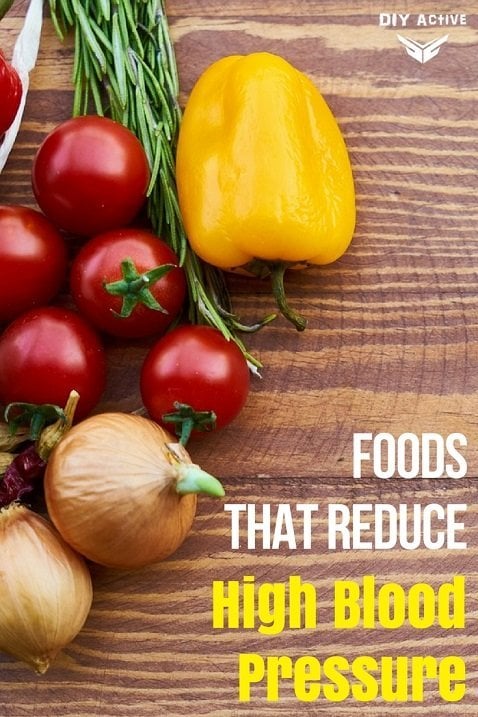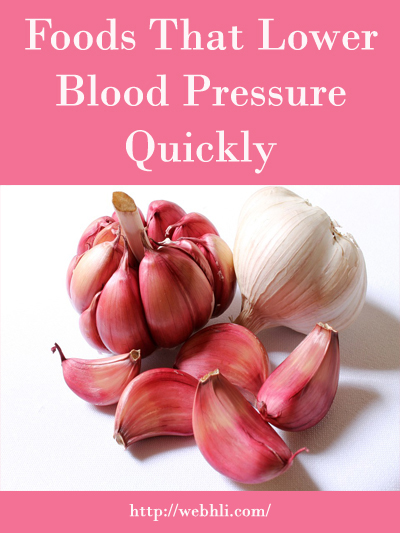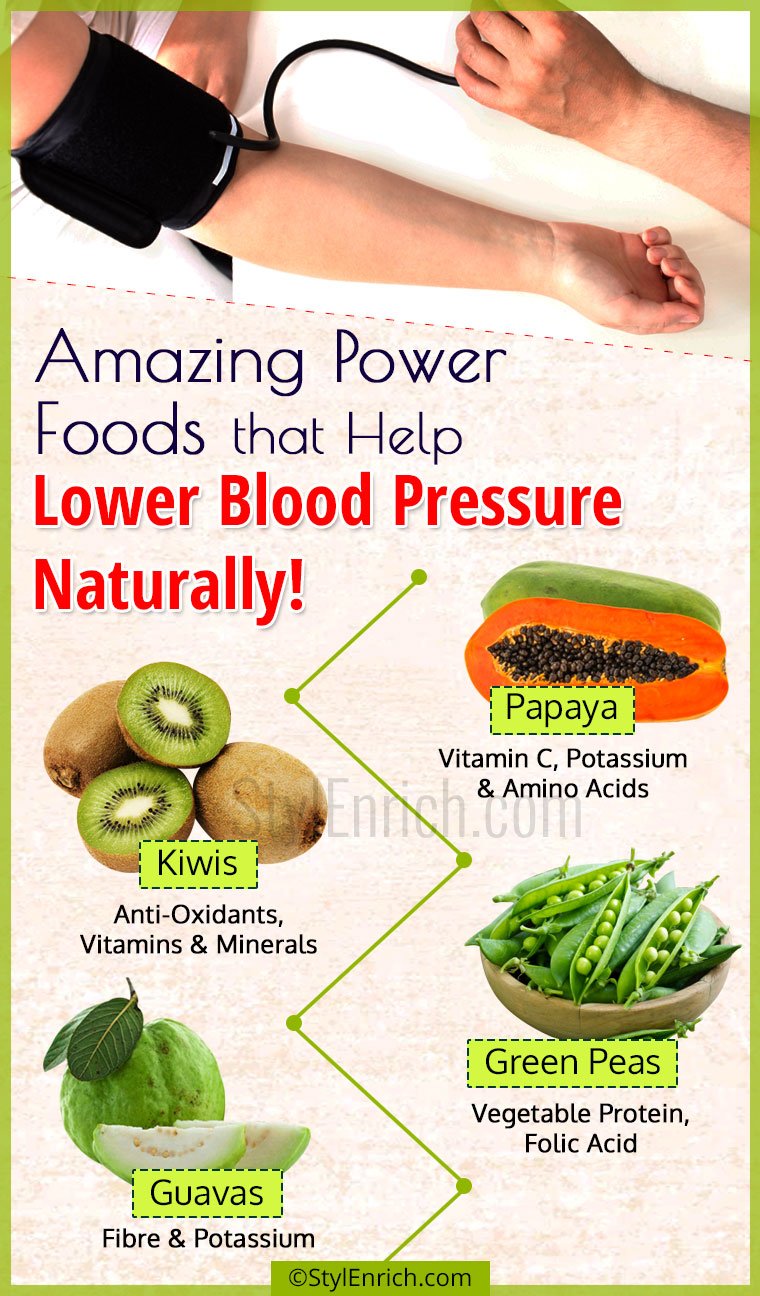

What’s more, since they offer fiber and protein, they can help you maintain a healthy weight for years to come. Capable of lowering systolic blood pressure and improving cholesterol profiles, whole grains are an essential building block in a healthy lifestyle. Whole Grains Whole grains are a critical part of any heart-healthy diet. Leaner fish like cod have not been shown to have the same heart-protective perks, although varieties like anchovies and sardines are a good stand-in. Researchers recommend consuming salmon at least three times a week to enjoy its heart-healthy benefits. Fish Fatty fish varieties, like salmon, have been shown to reduce diastolic blood pressure by providing a heart-healthy dose of omega-3 fatty acids. Part of the reasons pomegranate juice is so valuable for this is that its flavonoids make it a powerful antioxidant and that it works as an anti-inflammatory compound which can help improve the cholesterol profiles. For example, one clinical trial revealed that consuming just 2 ounces of pomegranate juice each day helped to lower high blood pressure and reduce cholesterol. While similar fruit juices, like grape juice, have shown heart-protective benefits, pomegranate juice is much more powerful in much lower quantities.


Pomegranate Pomegranate is a superfood that can also help lower blood pressure and keep it within a healthy range.

For best results, look for unsalted pistachios, available at your local whole foods or health store. Studies have shown that people who eat one or two servings of pistachio nuts once a day for four weeks experience dramatic reductions in systolic blood pressure. Pistachios Pistachios are a heart-healthy food that are also a tasty snack. With this in mind, add olive oil to your daily diet, either in the form of a cooking oil or as a drizzle across salads, bread, or hummus. According to a 2012 study published in the American Journal of Hypertension, olive oil not only decreases blood pressure, but can improve the function of the heart tissues in people suffering from mild hypertension. Olive Oil While olive oil is a fat, it’s a very healthy fat that has the potential to reduce blood pressure rates. For best results, add one small square of dark chocolate to your daily diet, in the form of an afternoon pick-me-up or post-dinner treat. According to one Harvard study, people who consumed dark chocolate products that were at least 50-70% cocoa saw lowered blood pressure, particularly if they were already suffering from hypertension. In fact, most people are shocked to learn how pronounced the heart-protective benefits of chocolate can truly be. Dark Chocolate While most people believe staying away from chocolate is critical for good health, recent studies have shown that dark chocolate rich in flavanols can reduce systolic and diastolic blood pressure in people with pre-hypertension symptoms, or existing hypertension.
FOOD THAT LOWER BLOOD PRESSURE QUICKLY HOW TO
Confused about how to eat flaxseed? Add it to homemade breads, cereal, and yogurt for a fiber-packed punch of good heart health. This is largely because flaxseed contains four heart-healthy components: peptides, fiber, alpha linolenic acid, and lignans. One 2013 study, which was published in the journal Hypertension found that even people who took blood pressure medications benefited from the addition of Flaxseed to their daily diets. Flaxseed Flaxseed is ideal for reducing your systolic and diastolic blood pressure levels when consumed over a six-month period. What’s more, the calcium in low-fat dairy products will help you enjoy healthy, strong bones as you age. Chock-full of protein, low-fat dairy products like yogurt and milk give you the calcium and peptides you need to remain healthy, fit, and within a normal blood pressure range. Low-Fat Dairy Low-fat dairy has been shown to reduce the risk of hypertension and help you maintain a healthy weight. If you have high blood pressure and are looking for smart ways to combat it naturally, here are fifteen foods you’ll want to add to your diet today. As is true with so many ailments, high blood pressure is directly related to diet and can be treated through adding healthy, nutrient-dense foods to the daily program. If you’ve ever thought about eating your way to wellness, high blood pressure is a great place to begin.


 0 kommentar(er)
0 kommentar(er)
